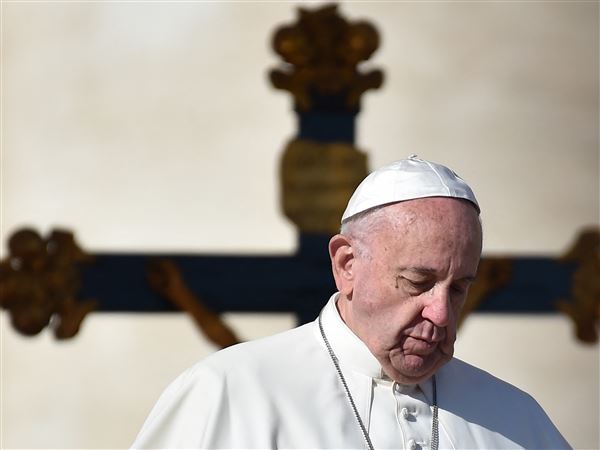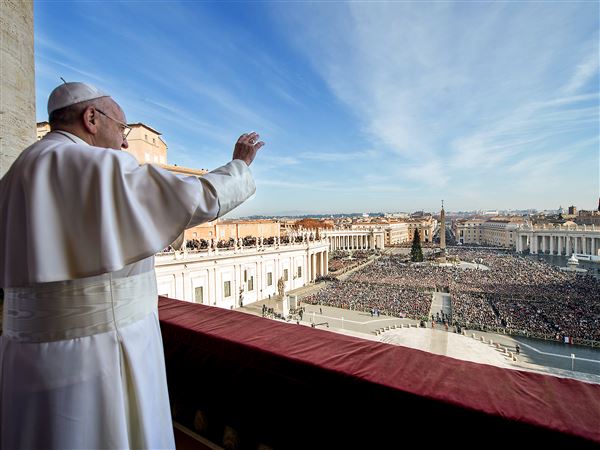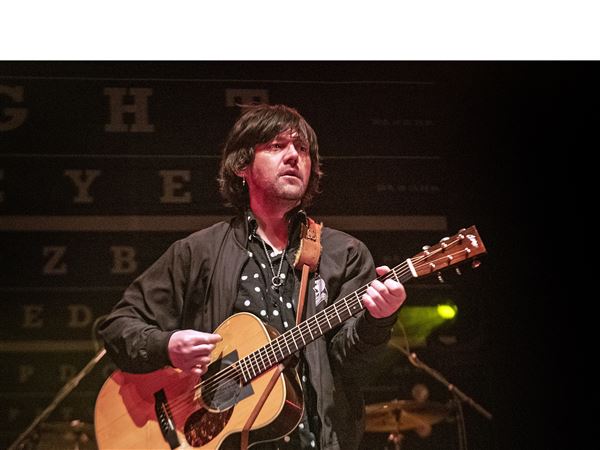Pathos, pathetique, patetichesky.
These words suffused a disturbingly dark concert by the Pittsburgh Symphony Orchestra Friday night. This was not a concert of redemption, of overcoming great difficulties. It was not one of consolation. It was, though, one of catharsis, and that, after all, is perhaps the greatest role of art.
Tchaikovsky's Symphony No. 6, "Pathetique" -- actually the Russian word patetichesky meaning emotionally charged -- which ended the concert at Heinz Hall, is a deeply affecting piece. It ends in abject desolation or perhaps depressed resignation. Where the lion's share of symphonies close in celebration, his finishes in silence. When crafted to bring out the emotional turmoil of the work, as music director Manfred Honeck did, it is poignant. But in the context of the rest of the program -- especially a world premiere -- the end was harrowing.
It is hard enough for a new work to impress an audience, but Steven Stucky's "Silent Spring" set the tone for the entire concert. A PSO commission by its composer-of-the-year, it is a memorial to Pittsburgh environmentalist Rachel Carson's seminal "Silent Spring," published 50 years ago.
Before I heard this work, which reflects the dire consequences the book outlines, I didn't realize how much I yearned for an instrumental meditation on the state of the environment.
We've faced the news of one disturbing ecological disaster after another for so long, it's hard not to feel helpless. Mr. Stucky's piece began in clear water that gave way to "Rivers of Death" and a downward spiral that cast off musician after musician until silence reigned. In between came a lament by the English horn, strident woodwinds and an anxious, angry orchestra.
The entire work seized the thrust of Carson's mid-century warning about chemical pollutants, but was arresting in a more general way for me. Mr. Stucky's appropriate pessimism here didn't discourage as much as it engendered a cathartic response to a subject that often numbs the soul. A brilliant, if unsettling, work.
Even the lone energetic element of the evening, Sibelius' virtuosic Violin Concerto, dwelled in darkness and frustration. Tinged with the regret of his failed career as a concert violinist and colored by his health problems, Sibelius did not let much sun hit his concerto. Even in the hands of superb violinist Nikolaj Znaider, whose tone and artistry are bested by no one today, the work has a heaviness to it. Adding to this disconcerting piece was a string that slipped slightly out of tune on Mr. Znaider's violin. He seemed to fight this throughout, and the connection between him and the orchestra occasionally suffered. But the glorious moments -- the aching beauty of the second theme, the folk dance of the finale and the nimble runs -- were there for the taking in his playing.
I expected Mr. Honeck's reading of Tchaikovsky's "Pathetique" to master the radiant second theme of the first movement, the waltz-like second movement, the drama and the lament of the work. He and the PSO did not dissappoint.
Program repeats at 8 tonight and 2:30 p.m. Sunday
First Published: February 18, 2012, 10:15 a.m.


















